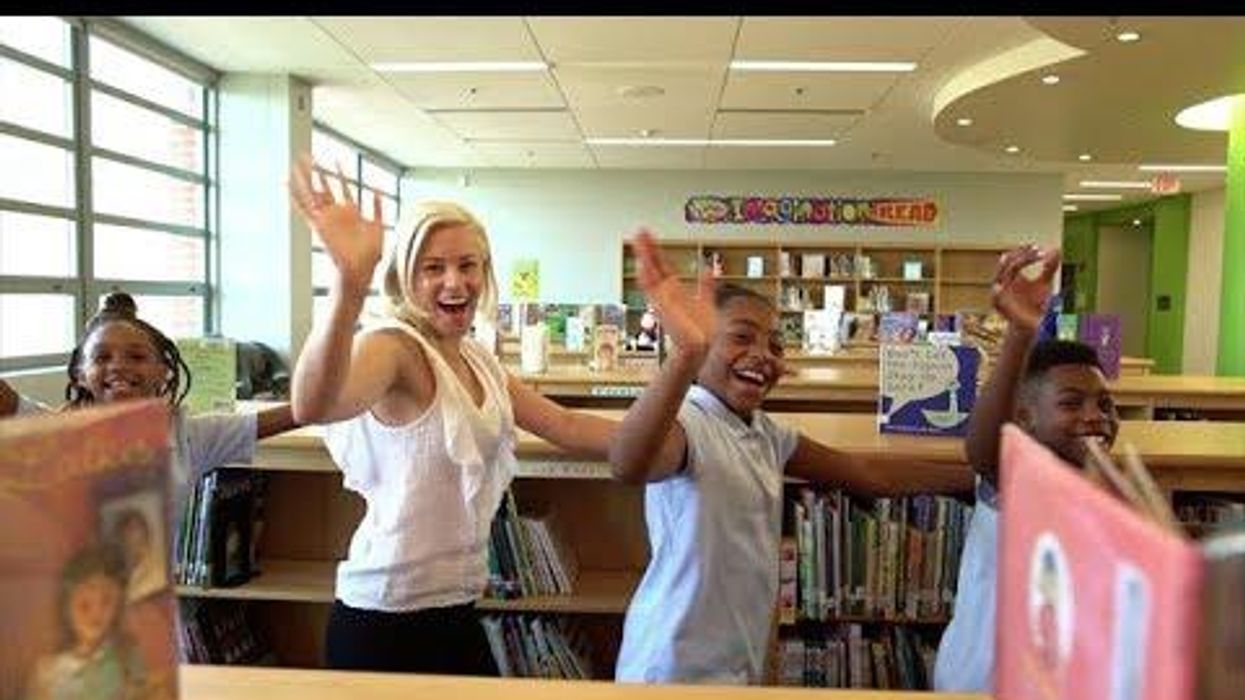It has been more than two months since The (New) Fulcrum was launched. At that time, we told you we would use the power of the arts to remind us of our shared heritages and traditions, which contribute to the health of our democracy.
Since then, we’ve presented music, poetry, theater and even comedy content as a bridge to the latest news and analysis of politics and policy that we publish daily. Our goal is to be a new civic and political voice to build greater social cohesion, civic engagement and problem-solving.
We thank you for your overwhelming support of this effort.
During this holiday season, a time of hope and celebration, what better way to bring in the new year than with a performance by Turnaround Arts, a national program of the John F. Kennedy Center for the Performing Arts. They work in schools across the nation to use the power of the arts to improve our schools and connect communities.
The ability of Turnaround Arts to transform elementary and middle schools through arts education is clear. The initial three-year evaluation of the Turnaround Arts pilot schools, released in 2015 found, “significant improvement in academic achievement, reduction in disciplinary referrals and increases in attendance, among other findings. In addition, the study found that Turnaround Arts schools outperformed comparable schools in their city or state that received federal funds for school improvement (“SIG schools”).
The arts can indeed play a powerful role in turning our divided nation around. Please celebrate with us with this performance of “Love Train” featuring Jason Mraz, Chad Smith, Yo-Yo Ma, Jackson Browne and many more.
Get on board the Love Train with us as we strive to realize the dream of our nation's motto: “e pluribus unum.” Out of many, we are one.




















Trump & Hegseth gave Mark Kelly a huge 2028 gift